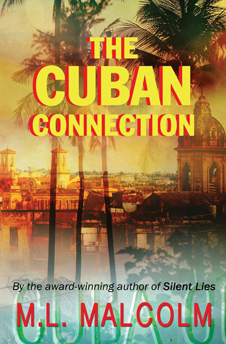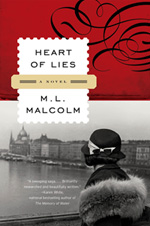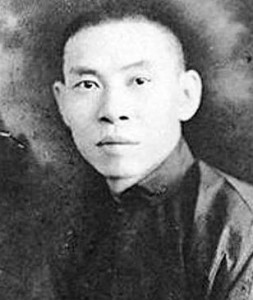
The infamous Du Yu Sheng.
One of the joys of writing historical fiction is the opportunity to blend real characters and historical events with their fictional counterparts. As I talk about in my Author’s Interview, much of what happens in my first novel, Heart of Lies, was inspired by my husband’s family history.
SHANGHAI, THE PARIS OF THE EAST:
One of my fictional character, Leo Hoffman, is inadvertently involved in an international counterfeiting scheme run by members of Hungary’s fledgling fascist party (which actually occurred, pretty much the way I describe it) so he has to get off the European continent. Leo goes to Shanghai, which at that time was the only place in the civilized world where one could go without a passport or a visa and just start life over.
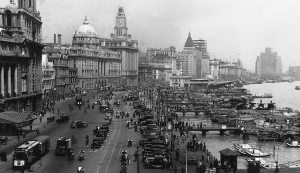
The bustling Shanghai Bund.
This was because in the 1840′s the crumbling Manchu (Qing) Dynasty signed treaties with several European countries, including England, France, and America, opening up the walled city of Shanghai to foreign trade. On the heels of these agreements came “territoriality” privileges, which meant that citizens of the treaty countries, while in Shanghai, did not live under the jurisdiction of China.
Whether your business was legitimate or completely criminal did not matter. Opium smugglers mingled easily with bankers and industrialists. Chinese peasants froze to death on streets where Europeans threw sable covers on their cars to keep the interior from getting too cold.
As one missionary said, “If God lets Shanghai survive, then He owes an apology to Sodom and Gomorrah.”
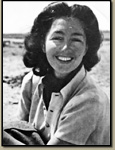
Christine Granville, Churchill’s Favorite Spy.
Many characters who occupied Shanghai during its “Golden Era,” (1920 to 1937), would have made intriguing additions to Leo’s story, but I immediately honed in on Du Yu Sheng, who was a leader of the Green Gang, a Mafia-like organization that ran the illegal opium trade, gambling dens, prostitution rings, and protection rackets. Du also invested in legitimate business that helped provide a thin veneer of respectability to his activities. Though I changed his name slightly, the gangster who becomes Leo’s nemesis in Heart of Lies is in every other respect true to the notorious real-life Du Yu Sheng.
TANGIER, NEST OF SPIES:
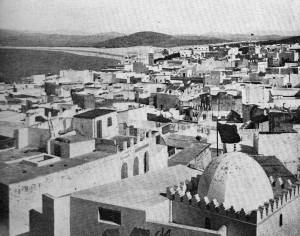
Tangier, Nest of Spies.
Once Leo was recruited to work as a spy at the beginning of World War II, I had to discover what a freshly-minted spy would be doing in 1939. Because I like to research and write about things that are generally less well-known, I decided not to focus on the European continent, but concentrated instead on North Africa.
The other reason I opened the next chapter of Leo’s story in North Africa is because that’s where the real espionage action began. In 1942, O.S.S founder William “Wild Bill” Donovan sent Colonel William Eddy, who had an outstanding service record in WWI in military intelligence, to head up the U.S. and English spy operations in preparation for what would become “Operation Torch,” the first allied invasion of the war.
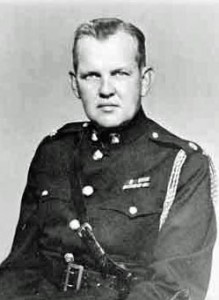
Head of the OSS in Tangier, Col. William Eddy.
Christine Granville, whose life intersects with Leo’s in very dramatic ways, was one of the most glamorous and successful undercover agents to work for the Special Operations Executive, the war-time British spy organization. Born Krystyna Skarbek, the daughter of a Polish count, she began her career as a spy by skiing from Hungary across the Tatra Mountains back into Poland to do reconnaissance. She evaded capture by the Germans multiple times (once by pretending to have tuberculosis by biting her tongue so hard that she ‘coughed up’ blood). By all accounts fidelity was never her strong suit. After the war she had an affair with Ian Fleming, and he used her as the inspiration for “Vesper Lynd,” the double agent in his first James Bond novel, Casino Royale.
The story opens at the Hotel El Minzah in Tangier, which was the inspiration for Rick’s Café American in the play, “Everybody Goes to Rick’s,” upon which the movie “Casablanca” was based. Tangier, like Shanghai, was run by an international council, so it was also an “anything goes” sort of place, and a perfect home for spies.
